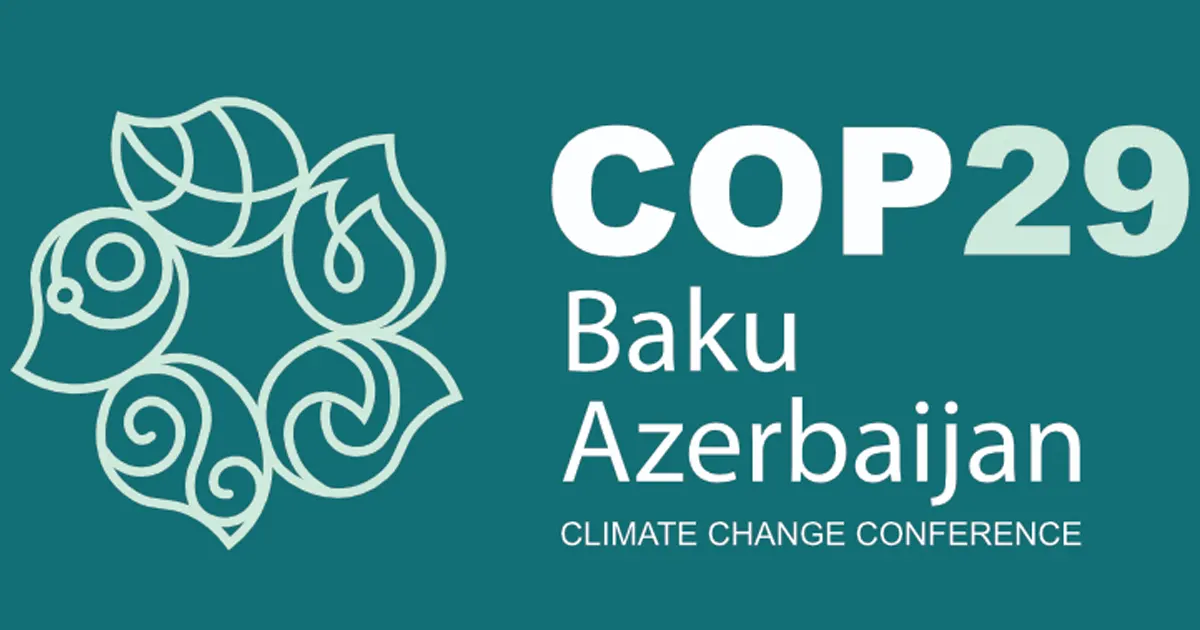
Context
As host of COP29, Azerbaijan faces global scrutiny for its heavy reliance on fossil fuels while advocating for climate action. This paradox highlights challenges in reconciling economic dependence on oil and gas with global calls for green energy transitions.
Key Political Statements and Criticism
- Aliyev’s Defense:
- President Ilham Aliyev defends Azerbaijan’s continued fossil fuel reliance, accusing Western nations of hypocrisy for promoting green energy while maintaining their own dependence on fossil fuels.
- Criticism from Environmentalists:
- Azerbaijan is accused of undermining global climate goals by expanding fossil fuel production.
- Critics argue that its approach delays the global energy transition and exacerbates climate change impacts.
Azerbaijan’s Role in Global Climate Negotiations
- Host of COP29:
- Positioned to influence climate solutions but under scrutiny for its fossil fuel dependency.
- Fossil Fuels as a “Gift from God”:
- Aliyev asserts the global market’s demand justifies oil and gas production despite climate agreements.
- Economic Reliance:
- Fossil fuels account for 90% of exports, 60% of the budget, and a third of GDP.
Challenges with Fossil Fuel Dependency
- Economic Dependence:
- Azerbaijan’s economy is heavily reliant on oil and gas, making diversification into renewables difficult.
- Transition Hurdles:
- Targeting 30% renewable energy by 2030, but progress is hindered by fossil fuel expansion plans.
- Revenue Risks:
- Moderate green transitions could cause revenue losses of up to $8 trillion globally for petrostates by 2040.
- Socio-Political Instability:
- Reduced fossil fuel revenues could destabilize authoritarian regimes reliant on oil wealth, leading to economic and political upheaval.
- Global Climate Justice Divides:
- Developed countries’ continued fossil fuel use contrasts with demands on developing nations to transition, exacerbating inequalities.
Benefits of a Green Transition for Petrostates
- International Credibility:
- Embracing green energy could improve Azerbaijan’s global standing.
- Economic Diversification:
- Reduces vulnerability to volatile fossil fuel markets.
- Investment Opportunities:
- Like Saudi Arabia, Azerbaijan could use sovereign wealth funds to invest in renewable projects and attract foreign investments.
Disadvantages of Fossil Fuel Dependency
- Missed Climate Targets:
- Expanding fossil fuel production conflicts with limiting global warming to 1.5°C.
- Environmental Damage:
- Fossil fuels contribute to climate change, threatening ecosystems and global sustainability efforts.
Way Forward for Global Climate Action
- Balancing Fossil Fuels and Green Energy:
- Strategically invest in renewables while ensuring an economically viable reduction in fossil fuel reliance.
- Decarbonization Strategies:
- Develop and implement programs to align with international climate agreements.
- Expand Renewable Energy:
- Achieving 30% renewable energy by 2030 is essential to reducing dependency and addressing climate concerns.
- International Cooperation:
- Enhance climate finance, promote technology sharing, and establish global carbon pricing mechanisms to support the transition.
- Private Sector Engagement:
- Attract private investments to green energy projects, mitigating risks and promoting economic growth.
- Institutional Reforms:
- Mandate net-zero emissions by 2050 and strengthen renewable energy policies.
- Protect Civil Society:
- Safeguard environmental activists, journalists, and civil society to ensure transparency and effective climate action.




